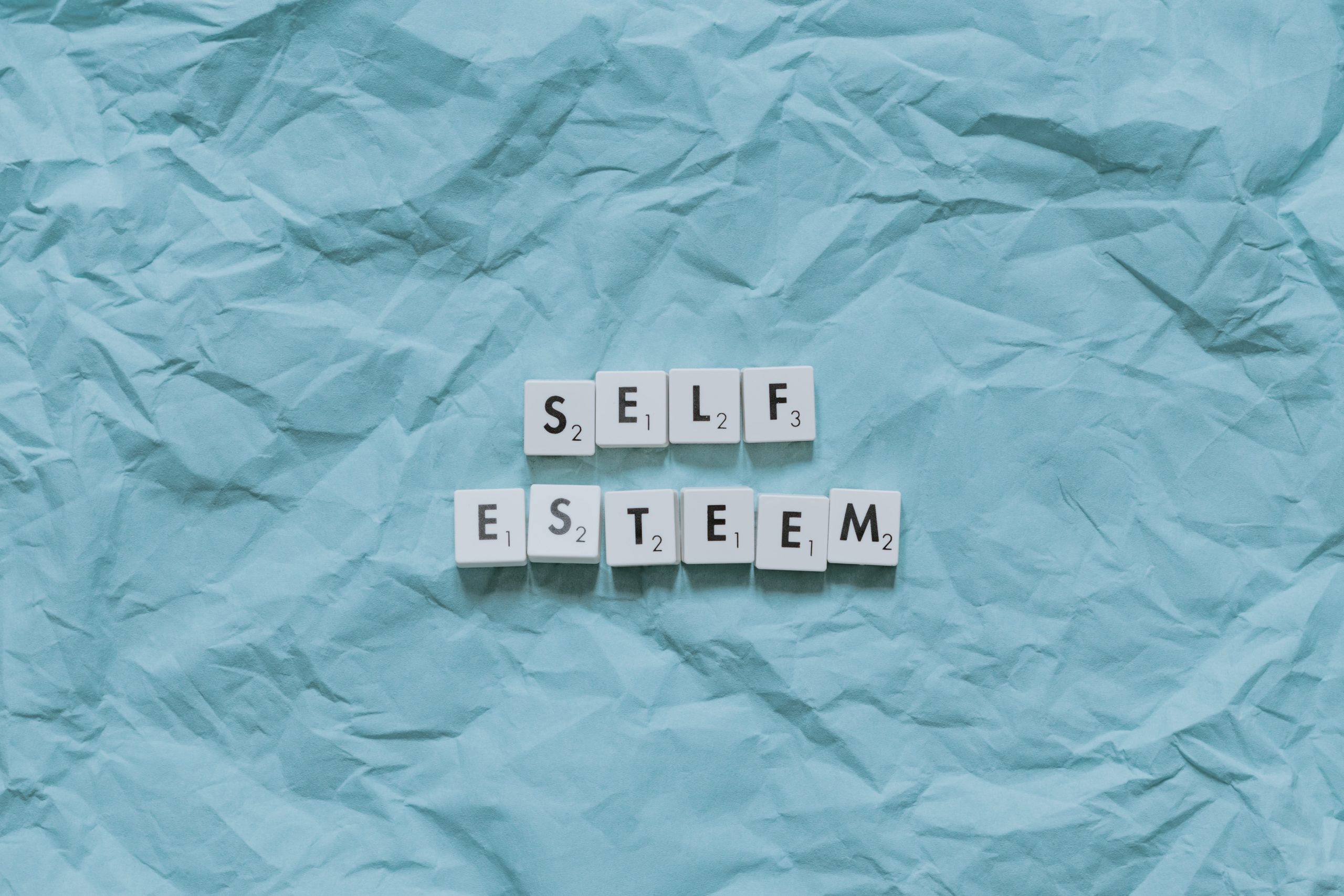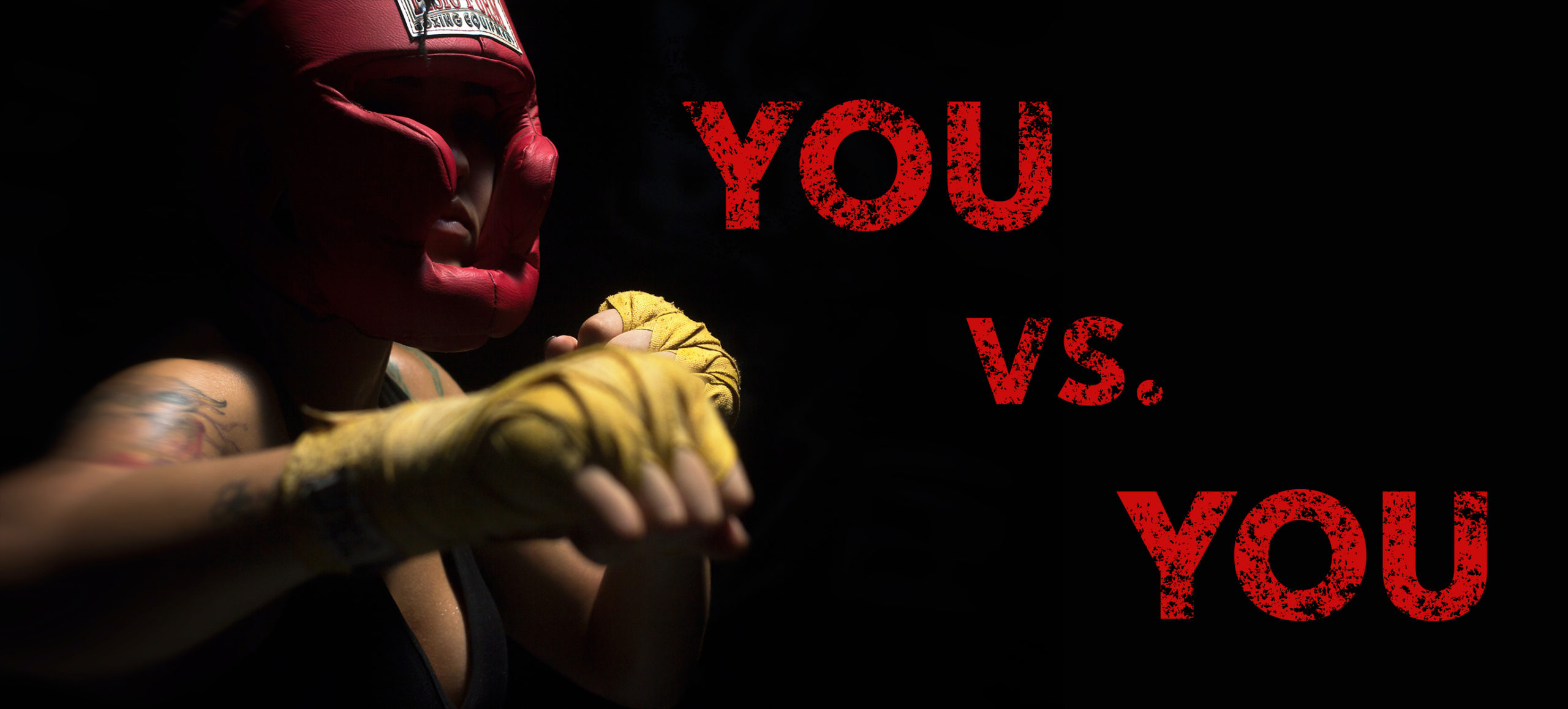
As you navigate through life, there is a common obstacle we all share. It’s an antagonistic part of ourselves which can easily be mistaken as an inner guide and protector from harm. An inside assistant to help us avoid pain, prevent humiliation and to help motivate us.
But its methods and intentions are quite the opposite. This inside voice is actually a hindrance and only serves to limit our life experiences through fear and disempowerment.
Psychology calls this part of yourself your pathological inner critic.
As long as you don’t know how to deal with its destructive nature and how to turn it from your worst enemy into a level-headed friend and advisor, you’ll never find true fulfillment.
WHAT DOES YOUR PATHOLOGICAL INNER CRITIC DO?
It commonly blames you for everything and anything that goes wrong in your life. It compares you to others, their achievements and abilities and will always leave you wanting and yearning for what you don’t have. It sets unrealistic standards and baseless perfectionism, and will continually encourage you to beat yourself up for even the smallest mistakes.
Your pathological inner critic keeps track of all your failures and reminds you of them at any chance it gets. This happens most often when you’re thinking of taking on something new, for example, an opportunity to try and improve yourself. Your pathological inner critic will take this moment to discourage you by keeping you insecure and low. It’ll work its way into triggering you with dark thoughts and feelings of you being inadequate, unfit, incompetent, incapable, ugly, selfish, dumb, weak, etc. And the list goes on.
In addition, your pathological inner critic is an accomplished mind reader and know-it-all. It’ll have you convinced that it knows what your friends, family, lover, colleagues, and even strangers think about you. Once again making you feel inferior, unworthy, unwanted and unloved.
YOUR PATHOLOGICAL INNER CRITIC IS ALWAYS UNDERMINING YOUR SELF WORTH.
For something this commonly domineering and destructive, you’d think it’d be a known crisis among the majority of us.
But the fact is, many people are completely unaware of their pathological inner critic. It is so insidious and woven into the fabric of our thoughts and inner being, many of us are oblivious to it and live in our suffering as if it’s all just a part of life. To a degree, it’s true, it is part of life and is a part of all of us. It’s a part of our subconscious that lives in our weaknesses, in our darker energies, in our lower, subpar selves. It is all still part of us, but our will to accept it and settle for continual suffering is a choice.
And where we have a choice is how we choose to manage it. This is a lot easier said than done.
The self-attacks typically have some underlying truth and justifiable reasoning to them. Just like certain fears we learn come from an underlying wisdom. We learn at a young age not to jump in fire so as to not get burned, for instance.
But your pathological inner critic is persuasive and persistent. It will make you believe that it’s there to protect you. To keep you safe from harm, from getting hurt, or from making a fool of yourself. In truth, and in the long run, adhering to your inner critic will only turn you into the very things you fear. Fear will become you and your basis for life. This is extremely dangerous and limiting to living a quality life experience.
If you want to start living on your own terms, you need to start working toward dismantling the amount of control you allow your inner critic to reign over your mind and spirit. The first and most important step in exposing your inner critic is to become aware of it.
CATCH YOUR INNER CRITIC IN ACTION.
It is most active when you’re facing challenges. When you make a mistake, when you’re being criticized, when dealing with people who are disapproving, when you’re feeling depressed or when you are just simply out of balance with yourself.
Become aware how you feel in these situations. Especially how you feel about yourself. Then carefully listen to how you’re talking to yourself in these situations, or immediately after.
What are you saying to yourself? Most likely it is your pathological inner critic talking.
Remember, its goals are to fulfill basic, primal needs of yours. Either to avoid pain or to motivate you.
But its methods are counterproductive and are far from supportive.
Stop the downward spiral.
Stop your thoughts from spiraling further down by controlling your inner dialog.
To unmask your inner critic, you need to drain it of its purpose and learn to fulfill your own needs in a conscious and intentional way. This requires building healthy self-esteem, as this is your foundation.
And this will allow you to develop a principle vision for your life to function as your motivation, and to drive you through purpose rather than through fear and doubt. This is all fundamental to self-empowerment and to living a life of fulfillment and true potential.
How long can you keep listening to this inside voice as if it’s your truth?
All the while, it continues to rob you of any happiness and peace of mind you can only hope to attain.
How much of your life have you lost to your inner critic so far?
How much more can you withstand?
To learn more about how to start overcoming your pathological inner critic, take a look at our program “Your Fate is NOT sealed”.
Warmly,
Orlando Owen









